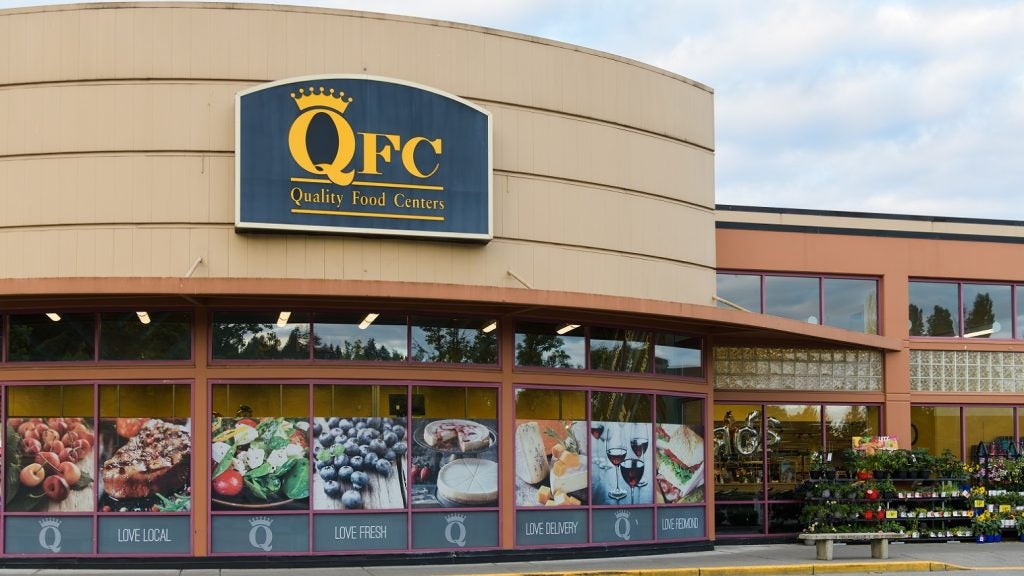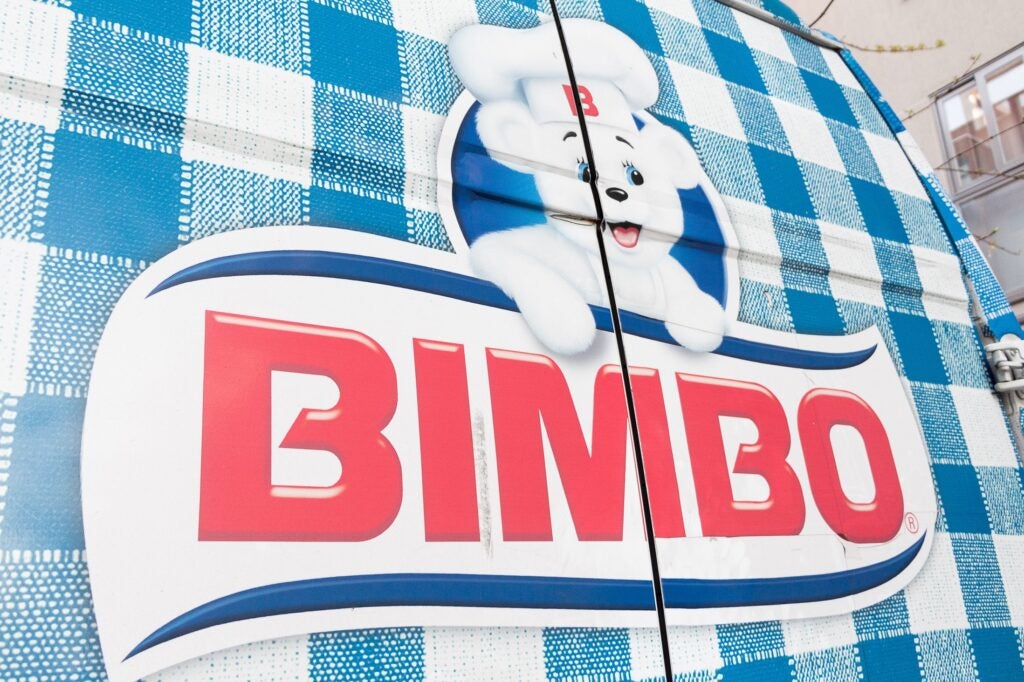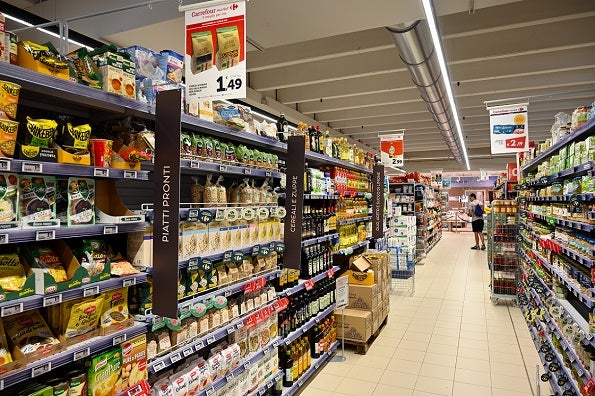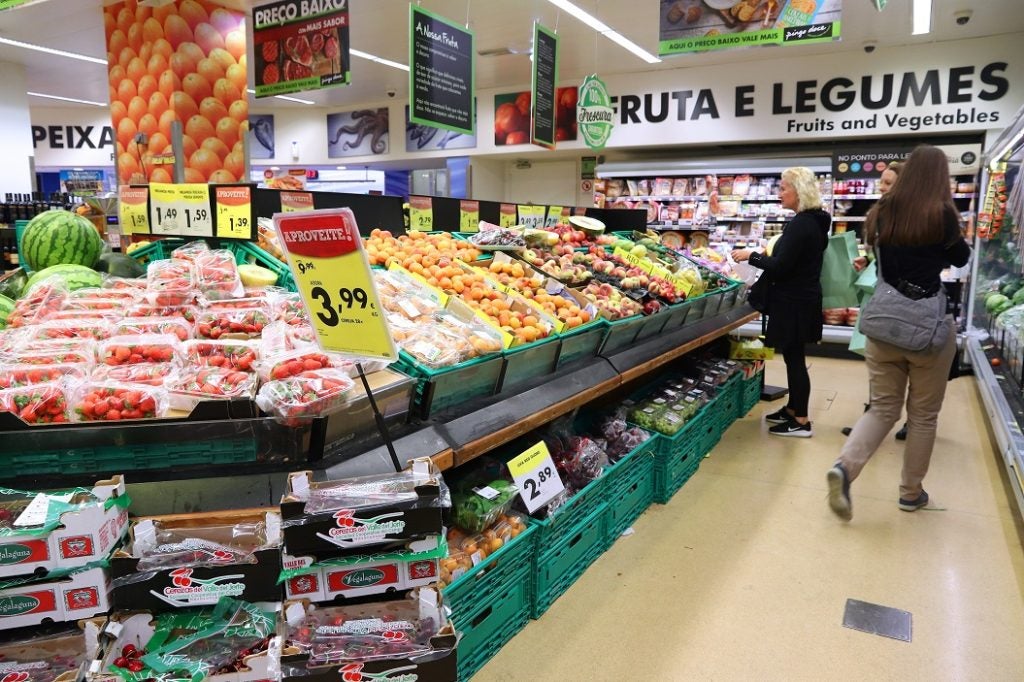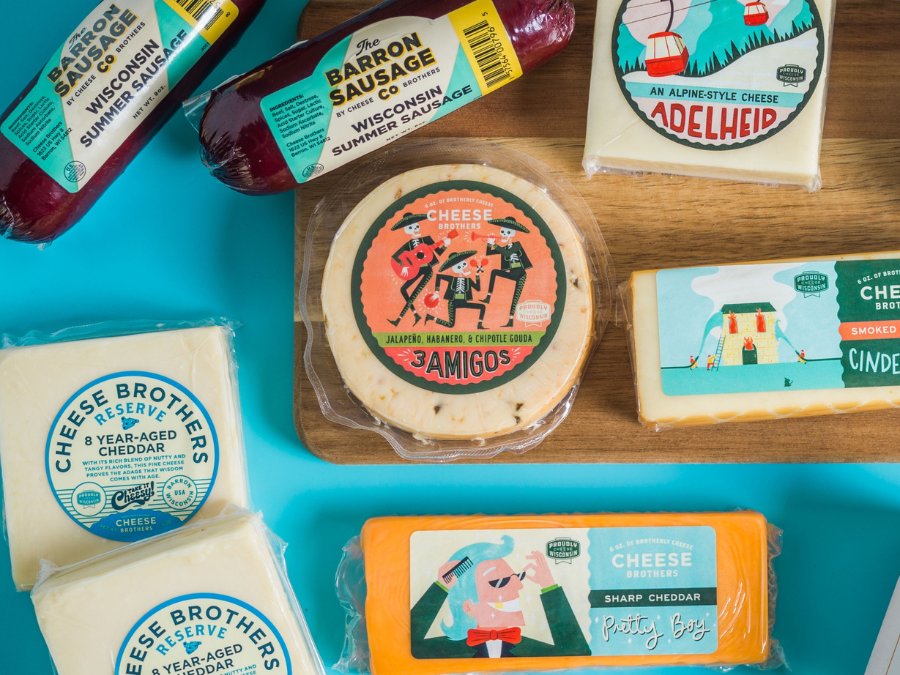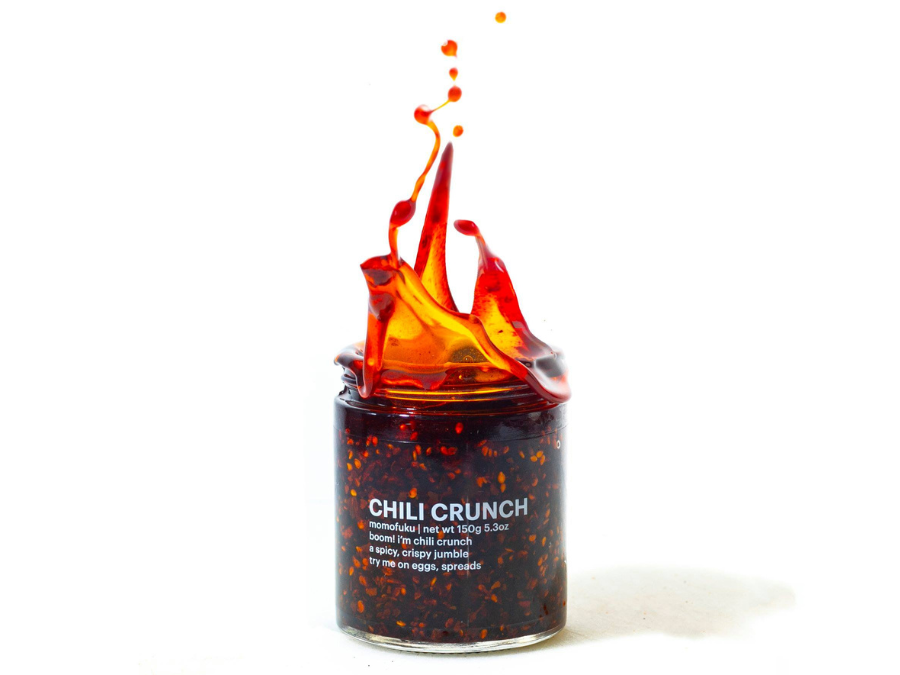Kroger and Albertsons plan to sell more than 400 stores to C&S Wholesale Grocers to secure regulatory approval for the two US retailers’ own mega-merger.
In October last year, Kroger and Albertsons – two of the largest grocery retailers in the US – announced a deal to join forces.
However, the deal has yet to be given the green light by regulators in the US and has seen some political opposition in the country.
Today (8 September), Kroger and Albertsons announced a deal to offload a series of assets to US wholesaler C&S Wholesale Grocers.
Under the terms of the agreement, C&S Wholesale Grocers would buy 413 stores, eight distribution centres, two office sites and five private-label brands. The assets are located across 17 US states and the District of Columbia.
The deal would also see C&S Wholesale Grocers acquire the QFC, Mariano’s and Carrs retail banners, though not all the stores that use those brand names. Any outlets that stay on with the combined Kroger-Albertsons business would be rebadged.
When Kroger and Albertsons announced their plan to merge, they set out a proposal to spin off between 100 and 375 outlets into an entity provisionally dubbed SpinCo. The assets put forward to sell to C&S Wholesale Grocers include the SpinCo stores.
Kroger chairman and CEO Rodney McMullen said the retailer and Albertsons had “embarked on a robust and thoughtful process” to find what he called “a well-capitalised buyer who will operate as a fierce competitor and ensure divested stores and their associates will continue serving their communities in the ways they do today”.
He added: “C&S achieves all these objectives. C&S is led by an experienced management team with an extensive background in food retail and distribution and has the financial strength to continue investing in associates and the business for the long run.”
More than a quarter of the stores earmarked for sale are in Washington state.
The private-label brands set to change hands are Debi Lilly Design, Primo Taglio, Open Nature, ReadyMeals and Waterfront Bistro.
If the deal is cleared, C&S Wholesale Grocers will pay Kroger around $1.9bn.
However, Kroger added it may need C&S Wholesale Grocers to buy up to 237 more stores to secure regulatory clearance. If additional stores are added to the ledger, C&S Wholesale Grocers will stump up more cash.
“Today’s announcement is another exciting opportunity for C&S to further expand into the retail market, which is an important component of our growth and future success,” C&S Wholesale Grocers COO Eric Winn said. Winn is set to become the wholesaler’s CEO next month.
Albertsons CEO Vivek Sankaran said C&S Wholesale Grocers’ “outstanding capabilities and financial strength will ensure these divestiture stores can continue to grow and serve their communities as they do today”.
He added: “Most importantly, they have made a clear commitment to continuing to invest in and care for associates, including by honouring all collective bargaining agreements currently in place.”
Last month, seven US state officials wrote to the Federal Trade Commission (FTC) in opposition to the merger.
The seven secretaries of state penned a letter to the FTC asking the anti-trust body to stop the proposed transaction. They said the combination would give the retailers control of “nearly a quarter of the entire US food retail market – a significant consolidation of the already limited competition within the market”.
Just Food has contacted the FTC for comment.
Kroger said today the merger “remains on track” to be finalised in “early 2024”.


